Seacrabs fit around 6 to 7 in a kg. Crab meat has many of the same nutrients as other popular types of seafood but with lower levels of mercury than marlin, swordfish, grouper, and tuna.
Crab is rich in:
Vitamin B12, Folate, Iron, Niacin, Selenium, Zinc
A 1-cup serving of cooked crab contains:
97 calories
21 grams of protein
Less than 1 gram of fat
0 grams of carbohydrates
0 grams of fiber
0 grams of sugar
Potential Health Benefits of Crab
Crab is packed with protein, which is important for building and maintaining muscle. Crab also contains high levels of omega-3 fatty acids, vitamin B12, and selenium. These nutrients play vital roles in improving general health while helping prevent a variety of chronic conditions.
It can help to:
Improve heart health. The omega-3 fatty acids in crab provide many benefits related to heart health. These important nutrients may help lower triglycerides, reduce blood clotting, and make it less likely that you’ll develop an irregular heartbeat.
Prevent anemia. Many of the nutrients found in crab, including vitamin B12 and folate, help reduce the risk of vitamin deficiency anemia. People with vitamin deficiency anemia do not have enough healthy red blood cells and may experience fatigue or weakness as a result.
Keep your brain strong. Research suggests that people who eat seafood, such as crab, at least once per week have a reduced risk of dementia and Alzheimer’s disease. This protection may stem from the high levels of omega-3 fatty acids found in seafood products.
Source: Webmd.com
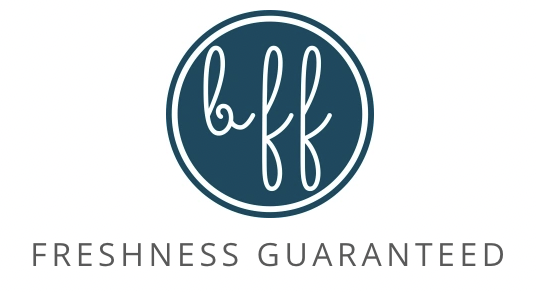

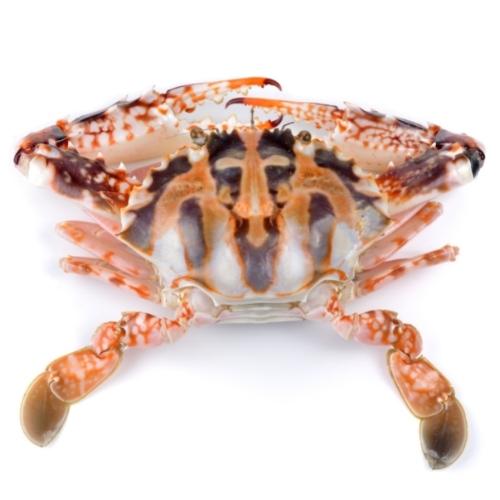

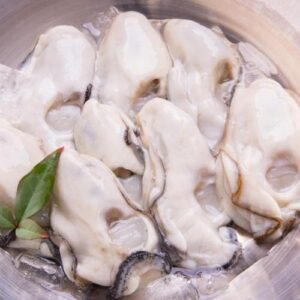
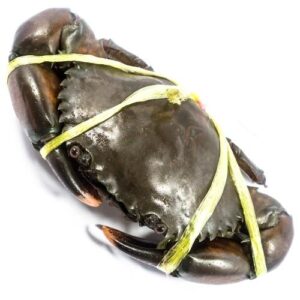
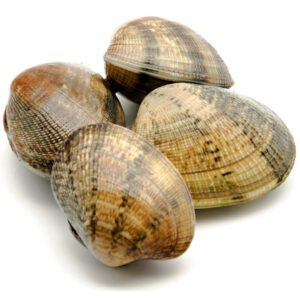
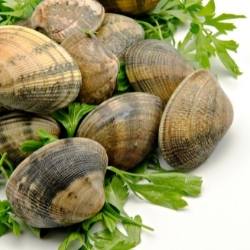
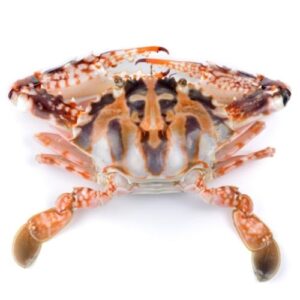
Reviews
There are no reviews yet.